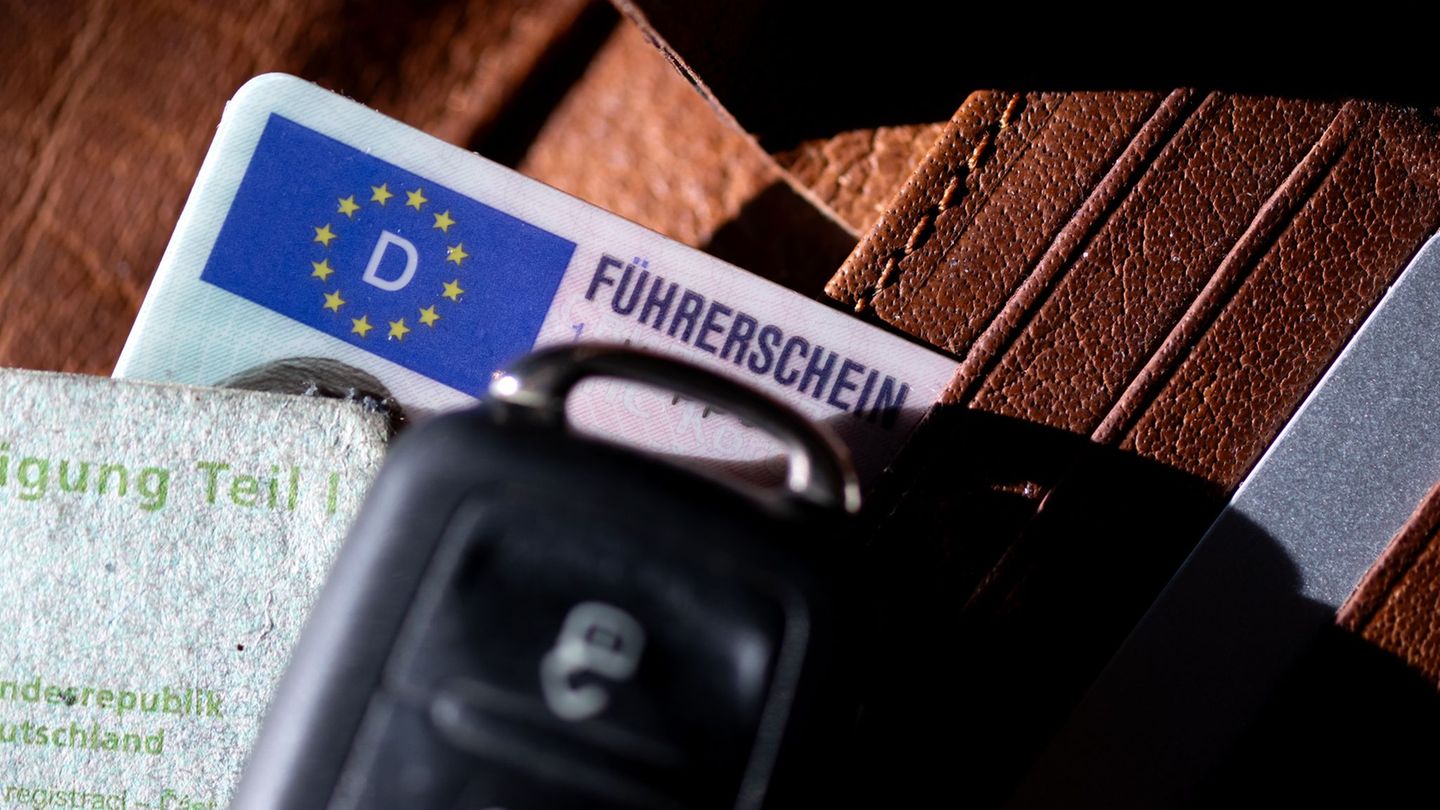The European Court of Justice overturned several rules affecting the rights of refugees and migrants on Monday. The ECJ strengthened the rights of underage refugees who apply for international protection in Germany.
The European Court of Justice has overturned several German regulations on dealing with refugees and migrants. In Luxembourg, the highest European judges declared a rule on the reunification of family members of refugees and restrictions on child benefit payments for newcomers from other EU countries to be illegal.
In another case related to Germany, the rights of underage refugees applying for international protection were strengthened. In the confederation of states, EU law takes precedence over national law. ECJ judgments must therefore be implemented by the EU states.
German regulation on family reunification is illegal
According to the refugee organization Pro Asyl, the ruling on family reunification will result in a “180-degree turnaround” in refugee policy. So far, it has been common practice in Germany for such a subsequent immigration to be denied if a minor child becomes of legal age during the procedure. “According to this logic, the families pay for the fact that the German bureaucracy works so slowly,” argues Pro Asyl.
The ECJ shares this view. According to the German rules, the competent authorities and courts would have no reason to process the parents’ applications with the necessary urgency. In addition, the success of an application depends mainly on circumstances that are in the hands of national authorities and courts.
The background to the decision are several cases that followed from the large flight to Germany in 2015 and are pending in German courts. On the one hand, it is about Syrian parents who applied for visas for family reunification with their underage son who was recognized as a refugee in Germany.
On the other hand, there is a case in which an underage Syrian woman wanted to go to her father, who was recognized as a refugee in Germany. The minors came of age in the course of the proceedings, which is why German authorities rejected the applications for family reunification.
A spokesman for the Federal Ministry of the Interior was initially unable to comment on the possible consequences of the verdict and pointed out that the decision had to be evaluated first. “If there is a need for action, that will of course be done.”
ECJ overturns German regulation on child benefit
A rule that restricts child benefit payments for people who have moved from other EU countries was also overturned. According to this, claims in the first three months of the stay may not be made dependent on income from gainful employment.
The ECJ judges argued that the child benefit in question does not constitute a social assistance benefit in the sense of possible exception provisions. The reason for this is that it does not serve to ensure subsistence, but to compensate for family burdens. Since EU law does not provide for any exceptions to the principle of equal treatment of nationals and nationals of another member state with regard to such family benefits, EU law opposes German unequal treatment.
Rights of minors are strengthened
In another case, the ECJ strengthened the rights of underage refugees who apply for international protection in Germany. In the case of such an application, it should not play a role whether the minor’s parents had previously been granted international protection in another Member State, the judges ruled. One of the prerequisites, however, is that the minor has not previously asked for protection in writing in another country.
The ECJ contradicted the German authorities. They actually did not feel responsible for the application for international protection of a Russian minor because her family had already received protection status in Poland.
The federal government wants to have the verdict checked
The Federal Government Commissioner for Migration, Reem Alabali-Radovan, sees a need for action following the judgments of the European Court of Justice on German regulations, including family reunification of refugees. “We now have to check where we need to make changes,” said the SPD politician on Monday evening.
Alabali-Radovan welcomed the decision that family members should not be denied reunification because a minor child had come of age during ongoing proceedings. Age is important when applying. “Many refugee families have been waiting for this for a long time. Separated families are also a burden when it comes to integration when the thoughts and hearts are with the relatives in crisis areas,” she said.
The federal government wants to have the judgment of the European Court of Justice “examined immediately”. It is an “urgent concern (…) to prevent an inappropriate use of the social system in Germany,” said a ministry spokesman for the “Bild” newspaper on Tuesday.
Criticism of the judgment came from the CDU. Hamburg member of parliament Christoph de Vries criticized the decision. The basic idea of freedom of movement in the EU is “not based on the use of more attractive social benefits,” he told “Bild”. The verdict harbors the danger of “child benefit tourism to Germany”. He called on the federal government to find a “legally secure solution” that would prevent this.
Source: Stern
David William is a talented author who has made a name for himself in the world of writing. He is a professional author who writes on a wide range of topics, from general interest to opinion news. David is currently working as a writer at 24 hours worlds where he brings his unique perspective and in-depth research to his articles, making them both informative and engaging.




